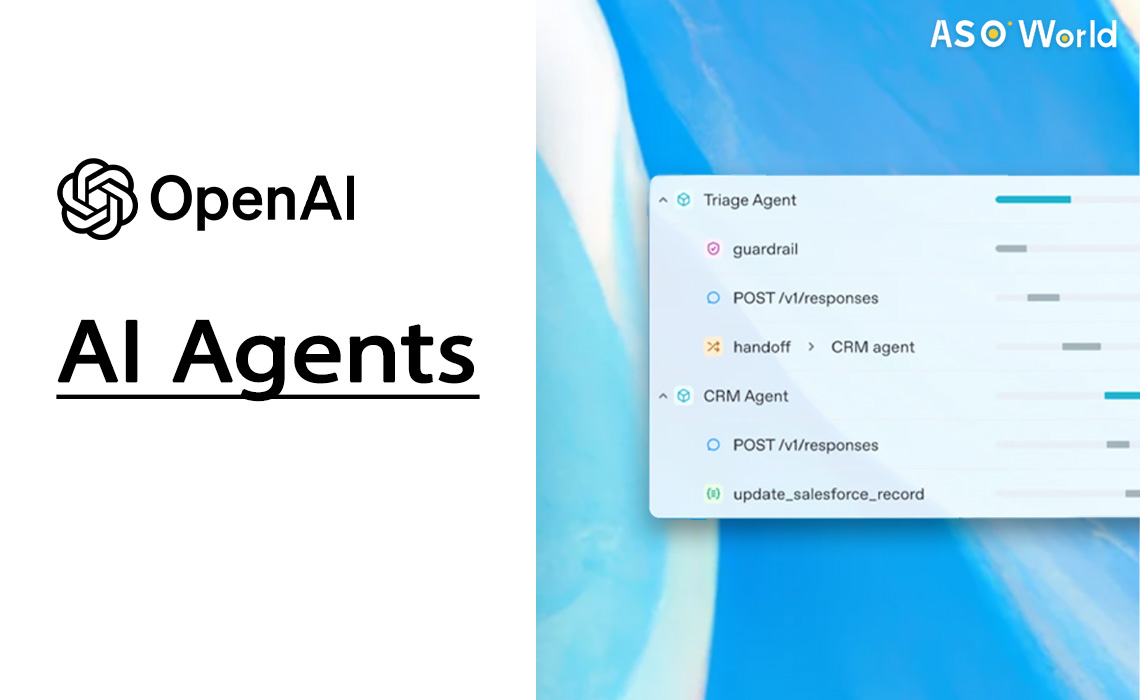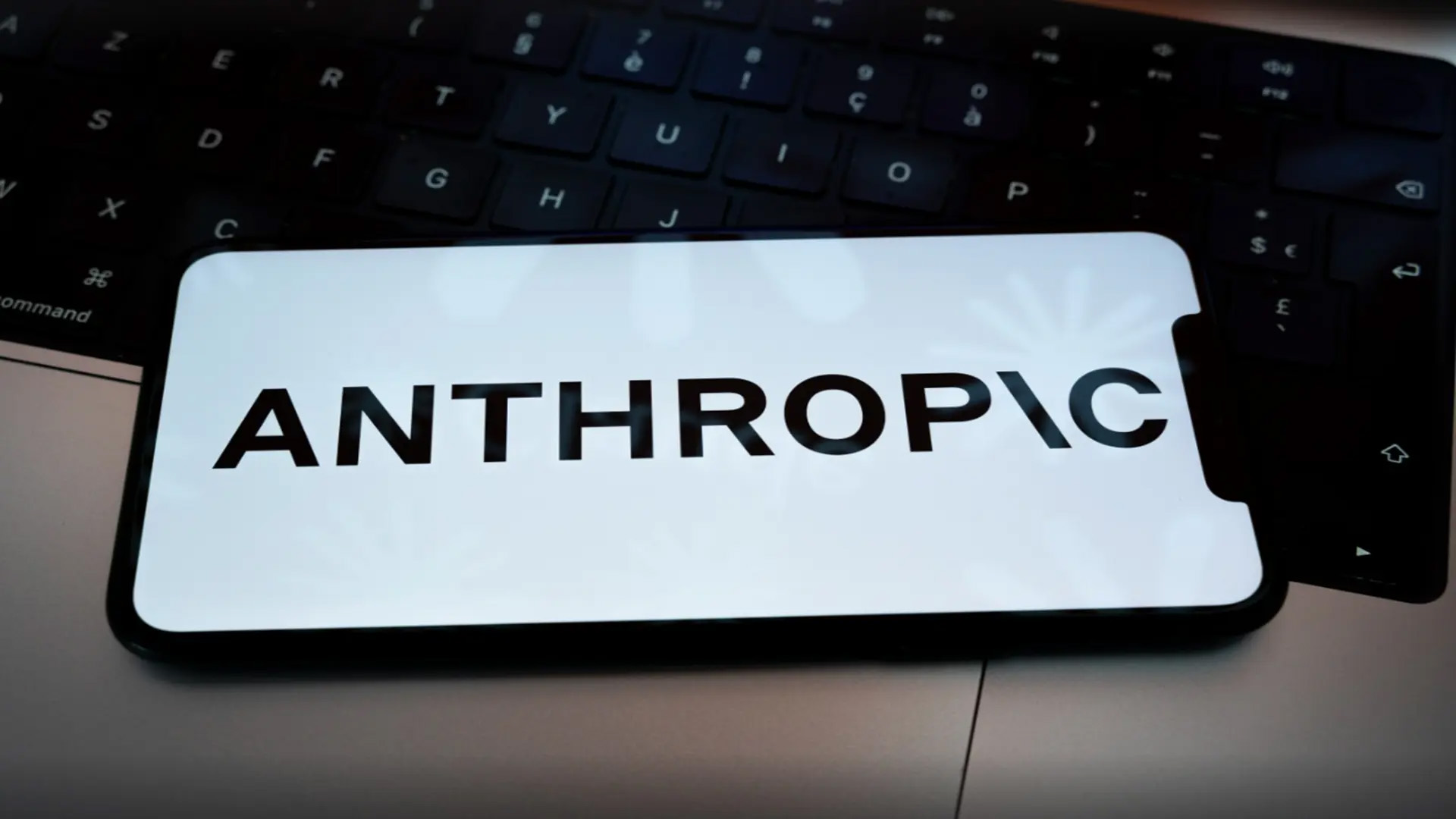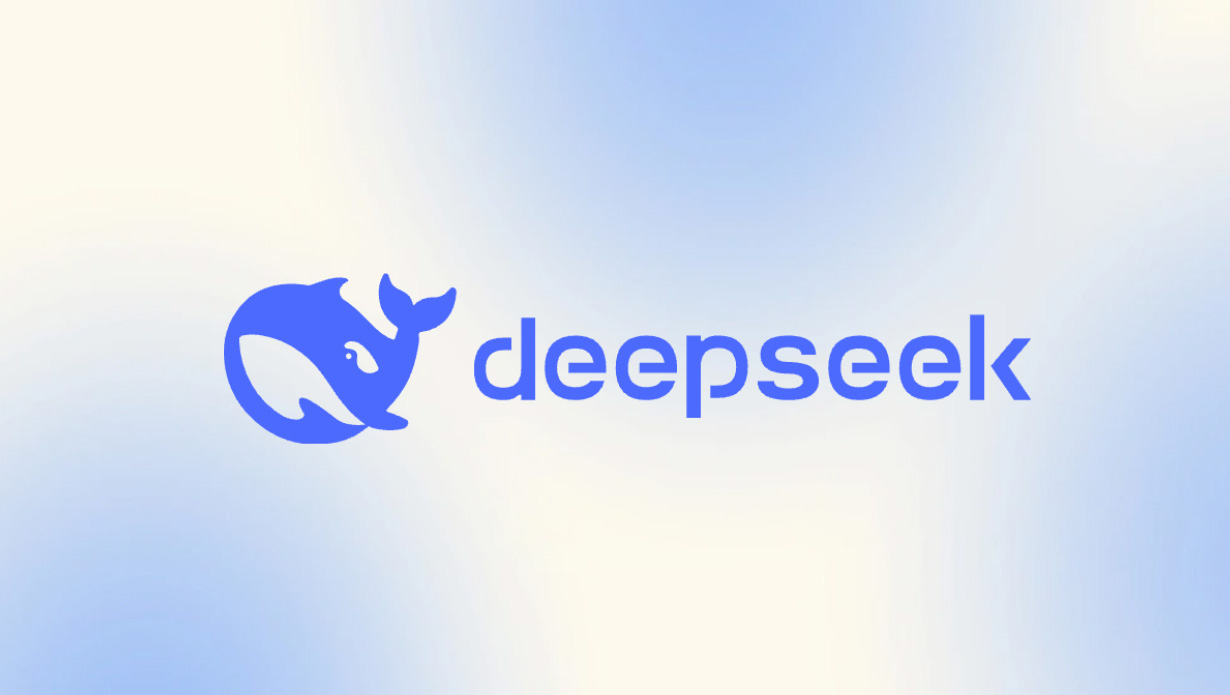OpenAI has launched the Responses API, a suite of tools designed to help developers and businesses build AI agents—automated systems that can independently perform tasks such as web searches, file retrieval, and online navigation.
This new offering replaces the Assistants API, which will be phased out by mid-2026. Coupled with an open-source toolkit called Agents SDK, OpenAI aims to improve the reliability and scalability of AI-driven automation.
The Capabilities of the Responses API
AI-powered search and information retrieval
The Responses API integrates OpenAI’s GPT-4o search and GPT-4o mini search, which power ChatGPT’s search tools. These models allow AI agents to browse the web for answers and generate responses with citations, boasting accuracy rates of 90% and 88% respectively in OpenAI’s SimpleQA benchmark—outperforming the recently released GPT-4.5 model, which scores 63%.
Additionally, the API offers a file search utility, enabling businesses to scan documents and retrieve relevant information without OpenAI using the data for model training.
Automating tasks with OpenAI’s Operator technology
Developers using the Responses API can access OpenAI’s Computer-Using Agent (CUA) model, which generates mouse and keyboard actions to automate tasks such as data entry and web-based workflows.
While this capability is currently available in OpenAI’s Operator product for web-based tasks, enterprises can deploy the model locally for enhanced security and control.
Addressing the Challenges of AI Agents
The accuracy dilemma and AI hallucinations
Despite OpenAI’s improvements, AI-generated search results are not infallible. Even with real-time web access, GPT-4o search still gets 10% of factual queries wrong, and its citation reliability has been questioned.
Furthermore, AI agents struggle with short, navigational queries like sports scores or stock updates, indicating that challenges remain in refining AI search efficiency.
Errors and reliability concerns in AI task automation
OpenAI acknowledges that CUA is not yet highly reliable for managing tasks on operating systems and admits that AI agents still make inadvertent mistakes.
These issues highlight the ongoing need for human oversight and debugging tools, which OpenAI aims to mitigate through its Agents SDK, a set of utilities for monitoring model behavior and optimizing performance.
The Future of AI Agents and OpenAI’s Vision
2025: The year AI agents enter the workforce?
OpenAI is positioning AI agents as the next frontier of automation, with API product head Olivier Godement describing them as “the most impactful application of AI that will happen.” CEO Sam Altman echoed this sentiment, predicting that 2025 could be the year when AI agents become mainstream in business operations.
While OpenAI is making significant strides in AI automation, the real-world adoption of AI agents will depend on overcoming technical shortcomings and delivering practical, scalable applications. If successful, OpenAI’s latest tools could drive an AI-powered transformation in enterprise productivity.
Editor’s Comments
The broader AI industry still faces challenges in turning impressive demos into dependable products. With competing firms also working on intelligent automation, 2025 could witness a surge in AI agent adoption—if developers can translate OpenAI’s tools into truly impactful, error-minimized applications. The coming months will be crucial in determining whether AI agents will revolutionize work or remain an overhyped concept.




